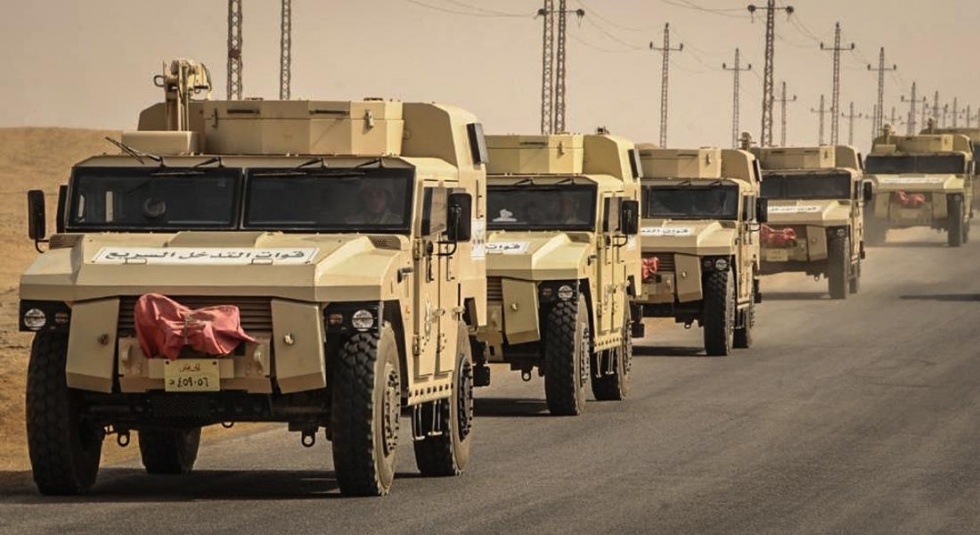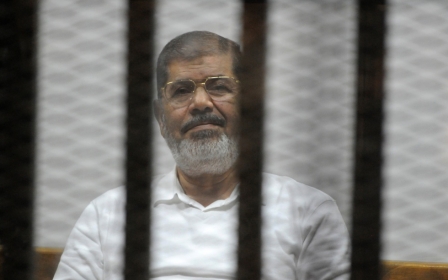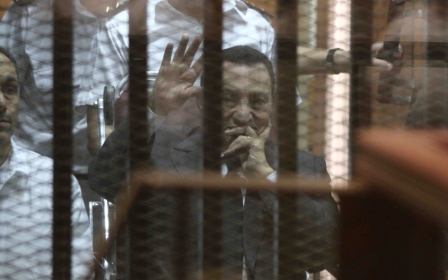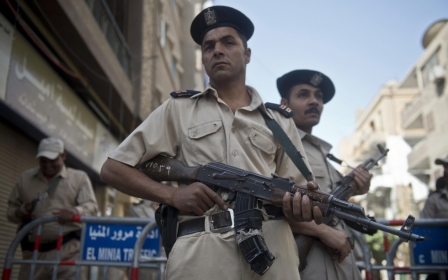Egypt begins doubling North Sinai buffer zone

Egypt began work Thursday on doubling the width of a buffer zone along the border with the Gaza Strip to prevent militants infiltrating from the Palestinian enclave, security officials said.
The buffer was initially planned to be 500m wide, but is now being expanded by another 500m.
The authorities began evacuating 1,220 homes, housing over 2044 families, in the area demarcated for the expansion of the zone, security officials said.
"We have started evacuating the residents... but no houses have been demolished so far," one said.
Officials have claimed that the demolition will involve the total removal – and reconstruction elsewhere – of the city of Rafah.
North Sinai district governor Abd al-Fattah Harhour on Wednesday, told reporters it would be necessary to remove Rafah city completely in order to create buffer zone.
"A new Rafah city is being established with residential zones appropriate to the nature and traditions of the residents of Rafah," he said, also confirming that engineering unites had begun work on the new city.
Amnesty International has previously condemned Egypt's demolition of hundreds of homes and called for a halt to its "unlawful evictions" of residents in the construction of the new buffer zone.
“Egyptian authorities must halt the arbitrary demolition of hundreds of homes and mass forced evictions underway in Rafah, North Sinai in order to create a buffer zone along the border with the Gaza Strip,” said the rights group in a statement in November.
In its statement, Amnesty International accused Egyptian authorities of “completely ignoring key safeguards required under international law including consultation with residents, adequate prior notice, sufficient compensation for losses and granting alternative housing to those who cannot provide for themselves.”
According to the group, these violations render “unlawful.”
Residents of the planned buffer zone told MEE that they had been offered initial compensation of around $41.5, the equivalent of three months’ rent.
“There’s no amount of compensation that could ever be enough for this. No financial compensation can bring you back your home,” Rafah lawyer Shaimaa Musallam said.
Construction of the zone comes in the wake of an October 24 suicide bombing that killed 30 Egyptian soldiers and wounded scores more.
After that incident, Egypt declared a three-month emergency in parts of North Sinai, a remote but strategic region bordering Israel and Gaza.
People living in the areas targeted during the crackdown say they are subject to “collective punishment,” and allege that bombs are dropping daily on the area, often killing civilians including women and children.
Egypt suspects Palestinian militants of aiding attacks against its security forces that have increased since the army ousted president Mohamed Morsi in 2013.
The army has also stepped up destruction of tunnels from Gaza that it says are used to smuggle arms, food and money by the Palestinian militant group Hamas.
It says it has destroyed more than 1,600 tunnels since Morsi's ouster.
Militants in the Sinai Peninsula have killed scores of policemen and soldiers since the overthrow, vowing revenge against a police crackdown on Morsi supporters that has killed more than 1,400 people.
Middle East Eye propose une couverture et une analyse indépendantes et incomparables du Moyen-Orient, de l’Afrique du Nord et d’autres régions du monde. Pour en savoir plus sur la reprise de ce contenu et les frais qui s’appliquent, veuillez remplir ce formulaire [en anglais]. Pour en savoir plus sur MEE, cliquez ici [en anglais].




